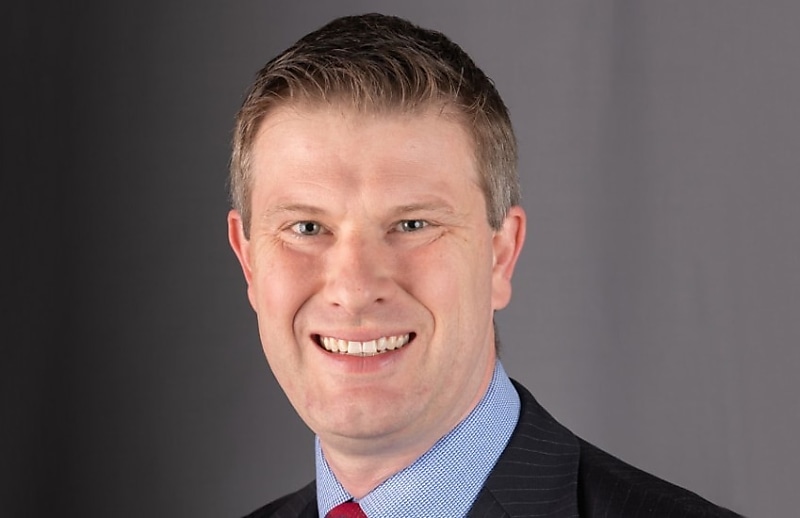Further work to be done on TASA changes, says Tax Institute
RegulationThe Tax Institute has welcomed the government’s amendments to the code obligations, but remains concerned about the instrument’s current form.

Amendments to unconditionally defer the commencement of the new Code of Professional Conduct obligations for registered tax practitioners have been welcomed by industry bodies, but significant concerns still remain regarding the instrument.
The government told joint bodies this week that amendments to the transitional rule mean that tax practitioners will no longer be required to take reasonable steps to establish, implement, and update any systems or processes that are necessary to comply with the new obligations prior to the relevant start date.
In a letter given to the joint bodies on Tuesday, Assistant Treasurer Stephen Jones said he has asked Treasury to “consider whether further targeted changes to the text of the determination or its explanatory statement might assist tax practitioners and the broader community to understand what is, and what is not expected under the enhanced code”.
Jones will hold a roundtable next week to discuss changes to section 15(2)(c) and section 45 with representatives from the accounting profession.
“Following this discussion, I intend to publicly consult on any draft amendments, explanatory statement and further TPB guidance,” said Jones.
He also sought to clarify that under the determination, tax practitioners will not have to disclose information about their health and wellbeing, sexual orientation, or religious beliefs.
“These are not matters that relate to a tax practitioners’ ability to provide a quality service, and are outside the scope of the updated code obligations,” he said.
“The TPB has provided guidance on this matter on their website, and further guidance from the TPB will reinforce this.”
The Tax Institute said with the government committed to retaining the instrument, more work is needed to strike a balance between upholding the integrity of the tax system and the tax profession, and the reasonable design and sensible implementation of the measures.
The Institute said that the government has indicated a willingness to consider changes to the rules in the instrument around reporting clients to the Commissioner and disclosure of relevant matters to clients.
The Tax Institute’s CEO Scott Treatt said while the clarification from the Assistant Treasurer is welcome and sensible, good guidance comes from good law and many practitioners remain concerned about what is actually required to be disclosed to clients.
“If a matter winds up in court, we need unambiguous law to refer to. Guidance material is insufficient in this regard,” said Treatt.
“That clarity should be baked into the instrument, not added later as non-binding guidance and clarification of the law.”
Treatt said an appropriate balance must be found between transparency and privacy, between disclosures to help clients make decisions for themselves and cumbersome red tape.
“We remain concerned that, in its current form, the Instrument will not have its desired effect of increasing trust and integrity within the tax profession, but rather the opposite,” he said.
“We are already faced with a shortage of skilled tax professionals in Australia. If we introduce further red tape that makes the job more difficult and undermines the fundamental relationship of trust that exists between registered tax practitioners and their clients, that shortage is likely to worsen.”
The Tax Institute warned that with fewer practitioners entering or working in the tax profession, more taxpayers will be trying to handle tax matters themselves in an excessively complex tax landscape.
“This will inevitably lead to more errors, late payments and lodgments, or failures to pay and lodge – ultimately, degrading the integrity of our tax system overall,” said Treatt.
Treatt said that the vast majority of registered tax practitioners do the right thing and the behaviour of a few does not change this fact.
“The Tax Institute continues to work with the government in addressing our concerns with the Instrument to achieve the right balance and reduce the considerable compliance burden and uncertainty for all registered tax practitioners,” he said.
“We want to ensure the integrity of our tax system, short-term and long-term, is maintained.”
The Institute said the Treasurer’s openness to working with the professional associations and their members was appreciated.
“We look forward to continuing to represent our members on this matter,” said Treatt.




